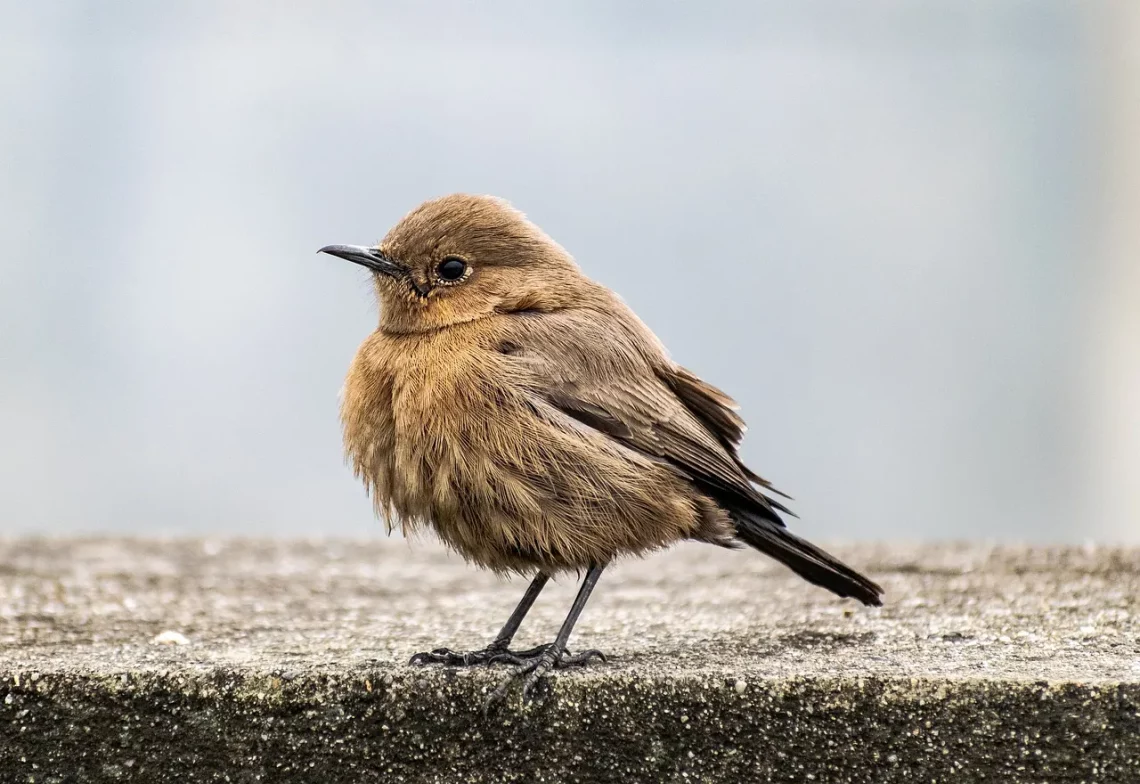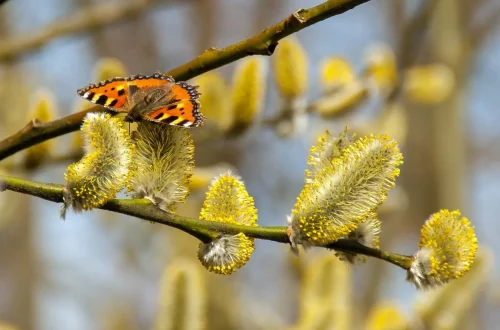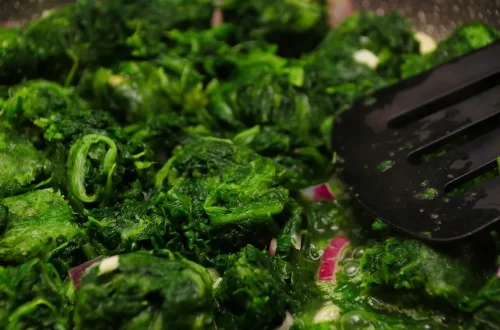
Can Birds Have Chocolate? Understanding the Risks and Effects
Birds are fascinating creatures that captivate the hearts of many with their vibrant colors, melodious songs, and remarkable flight abilities. As pet owners and wildlife enthusiasts, we often find ourselves wanting to share our favorite treats with these feathered friends. Chocolate, a beloved indulgence for many humans, raises the question of whether it can also be shared with birds. While it may seem harmless to offer a small piece of chocolate to our avian companions, the reality is far more complex.
Understanding the dietary needs of birds is crucial for their health and well-being. Birds have unique digestive systems that are very different from those of mammals. Their bodies process food in distinct ways, which can make certain foods safe or unsafe for them. This leads to an essential discussion about what constitutes a healthy diet for birds. While many fruits, vegetables, seeds, and grains can be beneficial, some human foods, including chocolate, can pose significant risks. The allure of sharing our snacks with pets is tempting; however, it’s vital to understand the potential dangers involved.
In this article, we will explore various aspects of birds and chocolate, delving into the risks, the biochemical effects of chocolate on birds, and what pet owners should keep in mind when considering their birds’ diets. By understanding these factors, we can ensure our feathered friends remain healthy and safe.
The Dangers of Chocolate for Birds
Chocolate contains theobromine and caffeine, both of which can be toxic to birds. Theobromine is a compound found in cocoa beans that is harmless to humans but can be dangerous for many animals, including birds. When ingested, theobromine can lead to a range of serious health issues. Birds metabolize theobromine much more slowly than humans, which means that even a small amount can accumulate in their system and lead to toxic effects.
Symptoms of chocolate poisoning in birds may include increased heart rate, restlessness, vomiting, diarrhea, and even seizures. In severe cases, ingestion of chocolate can lead to death. This is particularly concerning for smaller bird species, as their body size makes them more susceptible to toxins. Even if a bird appears to be unaffected after consuming chocolate, the long-term effects can be detrimental to their health.
Furthermore, the sugar and fat content in chocolate can lead to obesity and other health issues over time. Many birds may already struggle with weight management, particularly if they are kept in captivity and do not have enough opportunity for exercise. Introducing high-calorie, sugar-laden treats like chocolate can exacerbate these problems.
In addition to the immediate health risks, it is essential to consider the psychological effects on birds. Birds thrive on a balanced diet that mimics their natural foraging behaviors. Offering chocolate or other unsuitable foods can disrupt their eating habits and lead to behavioral issues. The desire to share treats with our pets is understandable, but it is crucial to prioritize their well-being over our own indulgences.
Understanding Bird Nutrition
Birds require a balanced diet that meets their specific nutritional needs. This diet typically includes a variety of seeds, grains, fruits, vegetables, and protein sources. Each bird species has its unique dietary requirements, which are influenced by factors such as size, age, and activity level. Understanding these needs is essential for ensuring that birds receive the right nutrients to thrive.
Seeds and grains serve as a staple in many birds’ diets. They provide essential fats, carbohydrates, and proteins. However, it’s important to ensure that these components are offered in moderation and are part of a balanced diet. Birds also benefit from fresh fruits and vegetables, which supply vital vitamins and minerals. Leafy greens, berries, and carrots are excellent choices that can enhance a bird’s health.
In some cases, birds may require additional protein, especially during breeding season or molting. This protein can come from various sources, including insects, cooked eggs, or commercial bird feeds designed to meet specific dietary needs.
Water is another critical component of a bird’s diet. Fresh, clean water should always be available, as hydration is vital for overall health. Birds may also enjoy bathing, which can help maintain feather quality and prevent skin issues.
When considering treats, it is essential to prioritize healthy options. Natural treats like small pieces of fruit, nuts, or seeds can be offered in moderation. However, foods that are high in sugar, fat, or salt, including chocolate, should always be avoided. Educating ourselves about avian nutrition not only helps us provide better care for our birds but also fosters a deeper understanding of their health and happiness.
What to Do if Your Bird Eats Chocolate
If you suspect that your bird has ingested chocolate, it is essential to act quickly. The first step is to assess the amount and type of chocolate consumed, as different types contain varying levels of theobromine. Dark chocolate, for example, is much more dangerous than milk chocolate due to its higher concentration of toxic compounds.
Once you have this information, the best course of action is to contact a veterinarian who specializes in avian medicine. They will be able to provide guidance based on the specific situation and may recommend bringing your bird in for an evaluation. Early intervention can be critical in preventing severe health complications.
While waiting for veterinary advice, it is crucial to monitor your bird for any signs of distress or unusual behavior. Look for symptoms such as increased heart rate, lethargy, or gastrointestinal upset. If any of these signs arise, seek emergency veterinary care immediately.
It is also a good idea to familiarize yourself with the signs of chocolate poisoning, even if your bird has not ingested chocolate recently. Being aware of potential symptoms can help you respond more effectively in the future.
Prevention is always the best strategy. Ensure that all chocolate and other toxic foods are stored safely out of reach. Educate family members about the dangers of feeding chocolate to birds, and consider providing safe alternatives when sharing snacks. By taking these precautions, you can help protect your feathered friends from potential harm.
Creating a Bird-Friendly Environment
To ensure the health and happiness of your birds, it is essential to create an environment that promotes their well-being. This includes providing a proper diet, a stimulating habitat, and opportunities for social interaction.
Start by designing an appropriate diet that consists of high-quality bird food tailored to your specific species. Supplement this diet with fresh fruits and vegetables to enhance their nutritional intake. A varied diet will not only keep your birds healthy but will also encourage natural foraging behaviors.
In addition to nutrition, consider the physical environment. Birds need space to move, fly, and exercise. A spacious cage with perches, toys, and opportunities for climbing can help them stay active and engaged. Rotate toys regularly to prevent boredom and provide mental stimulation.
Social interaction is also crucial for many bird species. If possible, consider keeping more than one bird to promote companionship and socialization. Alternatively, spend time interacting with your pet daily to build trust and strengthen your bond.
Finally, keep your birds safe from harmful substances. Regularly clean their environment to remove any potential hazards and ensure that they have access to fresh water.
In summary, creating a bird-friendly environment goes beyond just providing food. It involves considering their physical, social, and emotional needs to ensure they lead happy, healthy lives.
This article is for informational purposes only and should not be considered medical advice. If you have concerns about your bird’s health or diet, please consult a qualified veterinarian for professional guidance.




